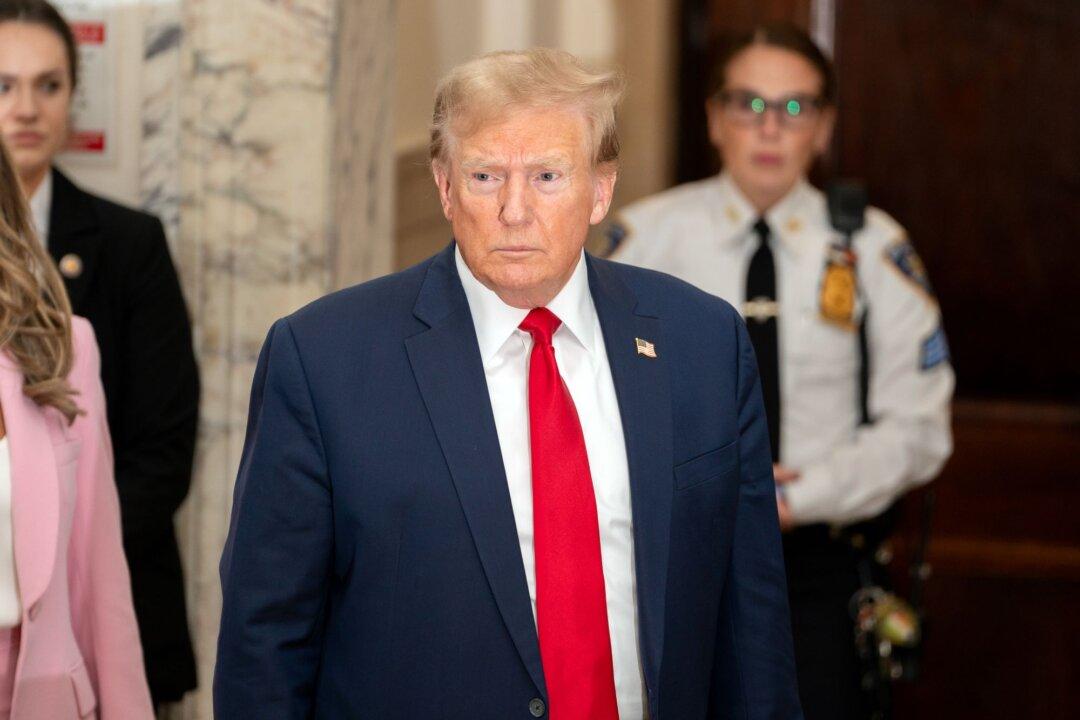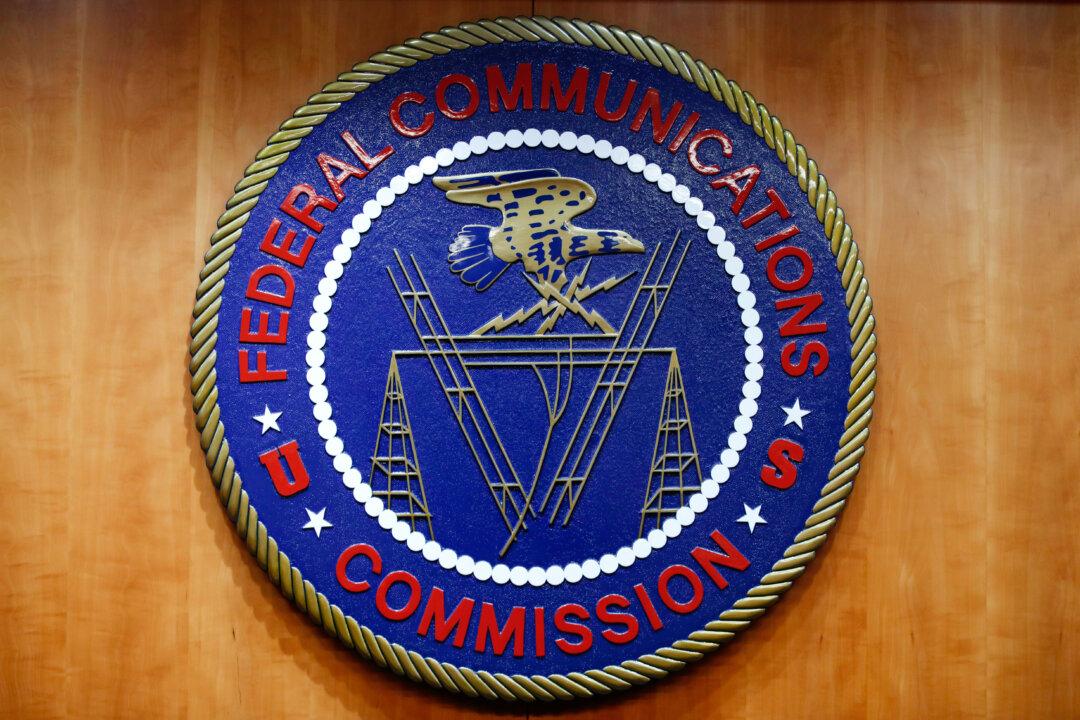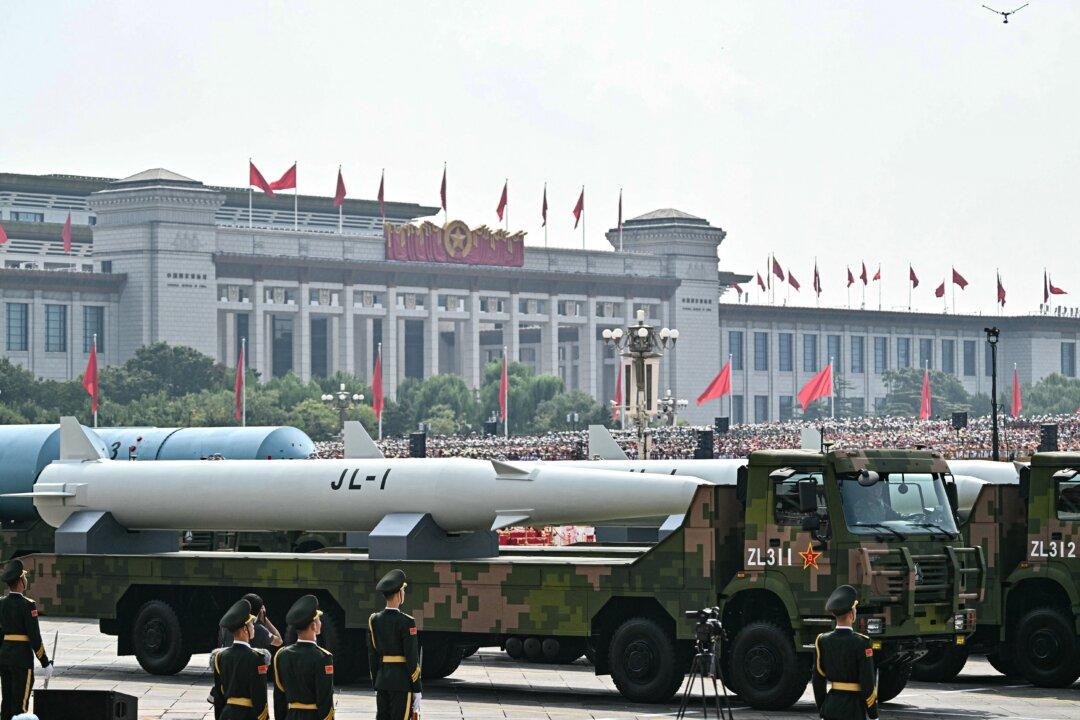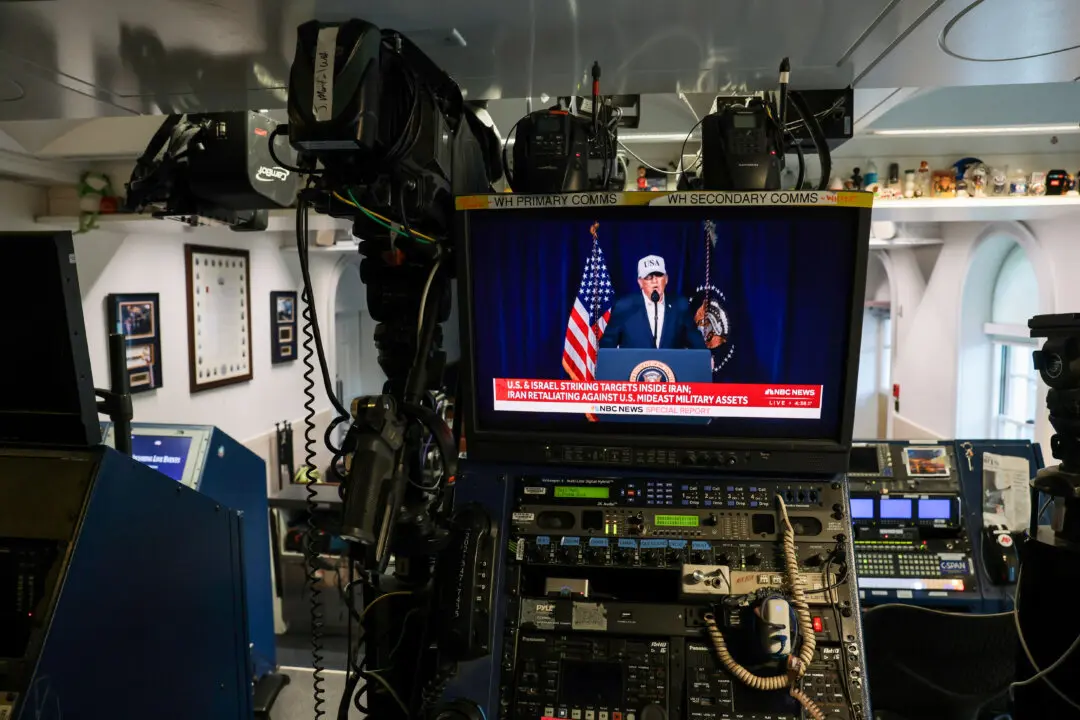A three-judge panel of the U.S. Court of Appeals for the District of Columbia affirmed a gag order that U.S. District Court Judge Tanya Chutkan originally issued, prohibiting former President Donald Trump from making statements that target several groups of people involved in a case accusing him of interfering with the 2020 elections.
The 68-page opinion and order provided some additional specifics to Judge Chutkan’s original order, narrowing the gag order.





